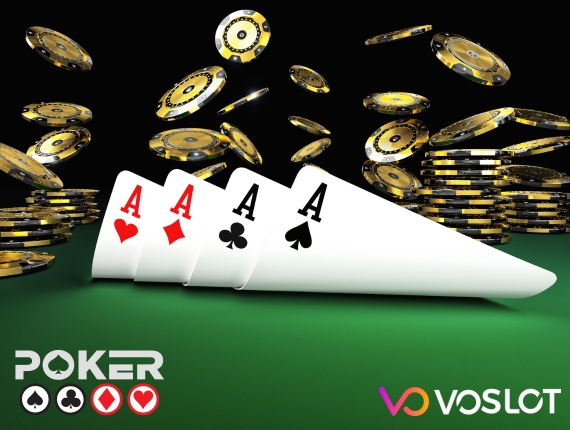Essential Poker Strategies for Casino Beginners

Understanding the Basics of Poker
Before diving into advanced strategies, it’s crucial to have a firm grasp of the basics of poker. This includes understanding the different hand rankings, the rules of various poker variants, and the flow of the game. In poker, hands are ranked from the highest, such as a Royal Flush, to the lowest, like a High Card. Knowing these rankings is fundamental to making informed decisions during the game.
Additionally, it’s important to familiarize yourself with the common poker terms, such as blinds, antes, flop, turn, and river, as these terms are frequently used during play. Understanding these basics will give you the confidence to participate in a game and make strategic moves.
See More : Mastering Texas Hold’em in Casinos
Starting Hand Selection: The Key to Success
One of the most critical aspects of poker strategy is selecting the right starting hands. As a beginner, it’s tempting to play every hand, but this can lead to quick losses. Instead, focus on playing strong starting hands, such as high pairs (e.g., Aces or Kings) and suited connectors (e.g., 10-J suited). These hands have a higher probability of winning and give you a better chance of success.
It’s also important to consider your position at the table when selecting your starting hands. Players in later positions have more information about their opponents’ actions, allowing them to make more informed decisions. Therefore, you can afford to play a wider range of hands when in a late position.
Mastering Bluffing and Reading Opponents
Bluffing is a crucial part of poker, but it’s also one of the most challenging aspects for beginners to master. The key to effective bluffing is timing and understanding your opponents. Beginners should start by observing their opponents’ betting patterns, body language, and reactions. This information can help you determine when an opponent is likely bluffing or holding a strong hand.
When bluffing, it’s essential to stay consistent with your previous actions. For example, if you’ve been playing conservatively and suddenly make a large bet, your opponents may suspect you’re bluffing. On the other hand, a well-timed bluff can force your opponents to fold better hands, allowing you to win the pot.
Managing Your Bankroll: Playing Smart
Bankroll management is a vital aspect of poker strategy that beginners often overlook. Your bankroll is the amount of money you’re willing to risk in poker games. Proper bankroll management involves setting limits on how much you’re willing to bet in a session, sticking to those limits, and avoiding chasing losses.
A common rule of thumb is to never risk more than 5% of your total bankroll in a single game. This approach ensures that you can withstand losing streaks without going broke. Additionally, it’s important to avoid going on tilt—a state of emotional frustration that leads to poor decision-making. By managing your bankroll wisely, you can play with a clear mind and make better strategic decisions.
Conclusion
Poker is a game of skill, strategy, and patience. For beginners, the key to success lies in understanding the basics, selecting strong starting hands, mastering bluffing techniques, and managing your bankroll effectively. By incorporating these strategies into your gameplay, you’ll be better equipped to navigate the complexities of poker and increase your chances of winning.
As you gain more experience, you’ll develop your own style of play and refine your strategies. Remember, poker is a game of continuous learning, and even the most seasoned players are always looking for ways to improve. With dedication and practice, you can build a strong foundation and enjoy the exciting and rewarding world of poker.





